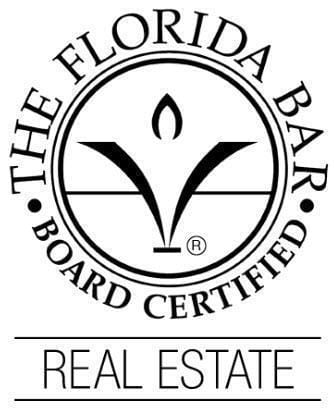People call Florida the Sunshine State and it is no mystery why. With around 230 days of annual sunshine, it outshines the national average. That makes it an attractive state to consider solar power. Whether you do or not, certain real estate laws may require you to think about it anyway.
Solar easements are property agreements that not only protect energy access — they sometimes hinder property expansion or use.
Florida solar easement statutes
Easements, in general, allow third-party access through a property. Most of the time, this shows up as a utility company’s gas pipes or power lines. It may also be a shared driveway leading to a separate property behind yours. According to Florida statutes, solar easements allow sunshine access to a solar panel system by protecting certain angles from obstruction. That way a solar system can continue to generate efficient energy.
These easements require descriptions of the property as well as the vertical and horizontal angles that extend over surrounding properties. If you expand on a neighboring building and block the sun’s rays, you may have to compensate for the energy loss. Vice versa, if you plan on installing solar panels for renewable energy, a solar easement may protect your investment.
Easements as part of a title search
As you investigate a potential property purchase during the due diligence period, it is important to understand which third parties have access to the property and how. This may help determine whether a real estate purchase is in your best interest, residential or commercial.




